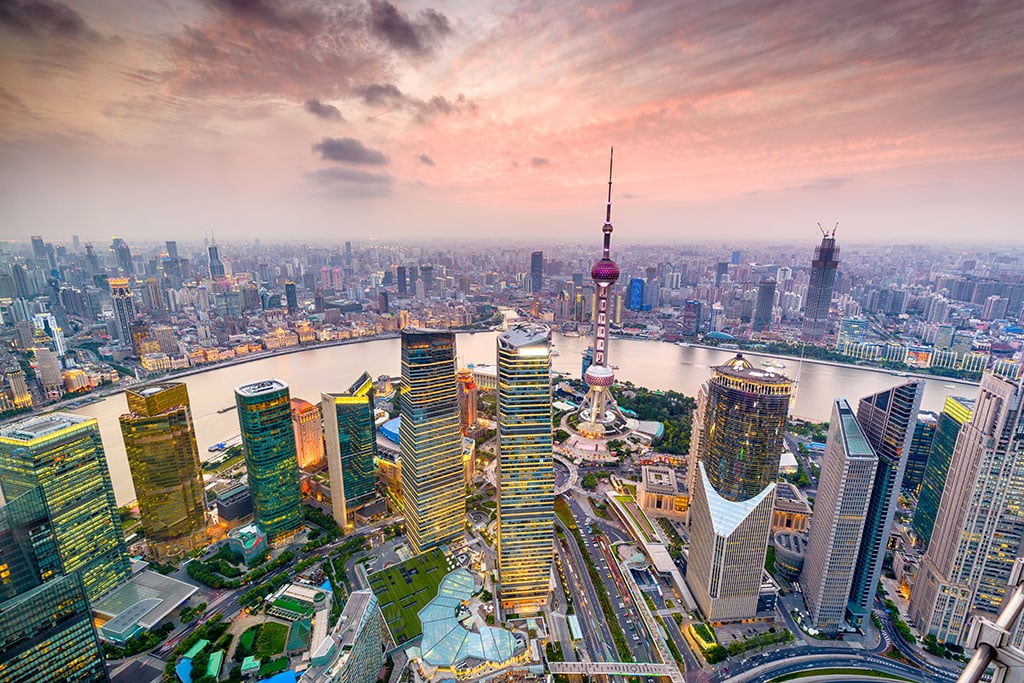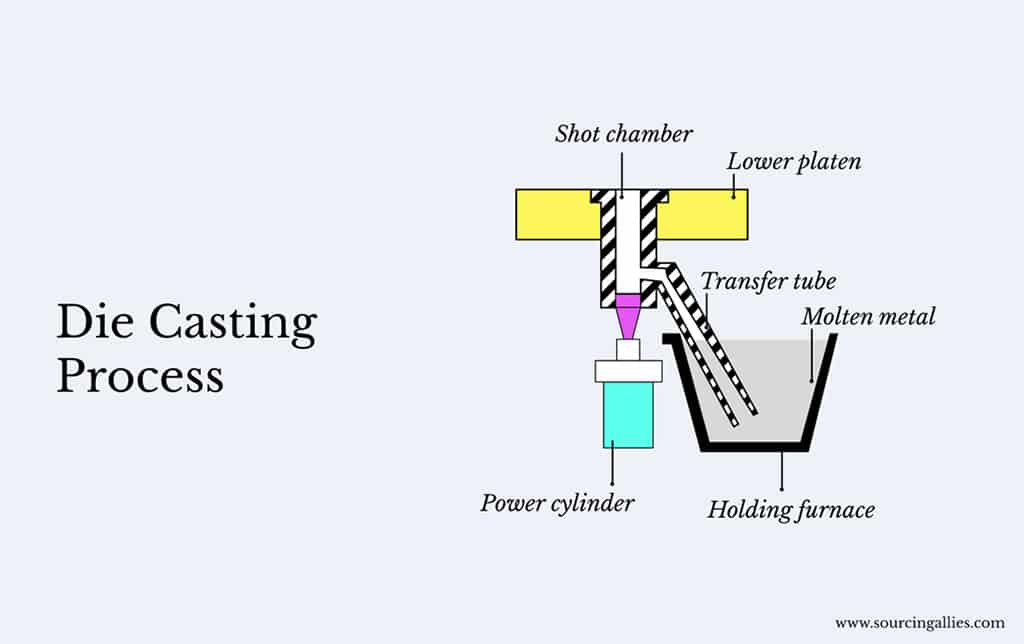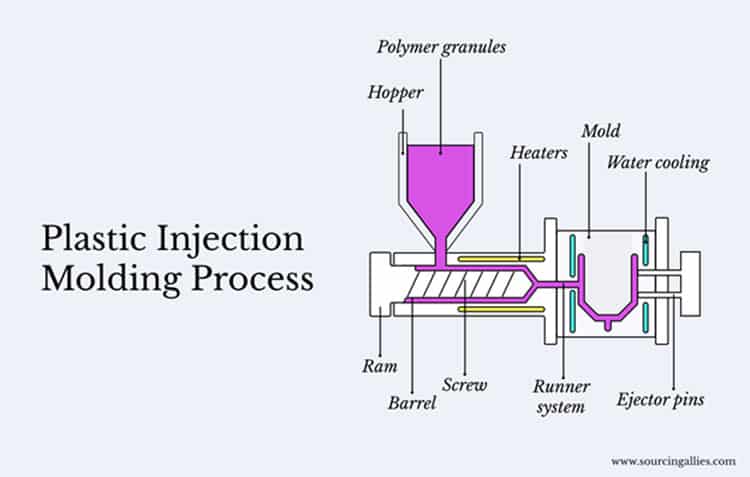Chinese manufacturers? This is why your business should not ignore them!

Several businesses in the US and Europe have been outsourcing manufacturing to factories in China for several years now. If you ask those who have been holding out why they haven’t jumped on the bandwagon despite the obvious cost advantages outsourcing guarantees them, they cite concerns about quality control. They are apprehensive that Chinese manufacturing cannot meet the quality standards that the West takes for granted.
There is a history to this perception.
When China just started out on its journey to becoming the manufacturing capital of the world, the poor quality of some of its output tarnished the “Made in China” brand. But as China poured in money to build manufacturing hubs focused on exports, this has changed.
Today, several Chinese factories can manufacture products requiring the most detailed specifications to the standards expected by western buyers. That is why several high-end brands – Apple being a prominent one – have production facilities in China. Several Chinese brands – such as Haier, Huawei, Lenovo, Xiaomi and OnePlus – have also gained a worldwide reputation for their quality because of this expertise.
What you must do, however, to ensure great quality manufacturing from China is to be very clear about your product design and its specifications, and look for a reliable manufacturer. Once you have them both, you’ll have little to worry about.
Here is why your business should not ignore Chinese manufacturers and how you can find a suitable manufacturer in China…
Why factories in China are the way to go
Nothing beats the versatility and expertise of Chinese manufacturers. They can manufacture a product entirely from a sample down to the last nail or button.
Chinese factories also use a variety of manufacturing processes, whatever your product or component requires.
Two of the most common manufacturing processes are die casting or plastic injection molding.
Die casting is a process through which molten metal is forced under high pressure into reusable metal dies to make sharply defined metal parts. Examples of die cast products would include door and window handles or automotive parts.

Plastic injection molding uses a somewhat similar process. Only this time plastic is used. Plastic pellets are melted in the injection molding machine and are injected into a mold where it cools to take its shape. Products made through this process could be toys, combs, bottle caps, or appliance housings.

Both processes require a tooling stage when the molds are made. The more detailed the design, the higher the tooling charge. But this is an initial investment that is offset by the order quantity. As the quantity goes up, the price per unit reduces.
Chinese factories are not constrained by quantities either, leading to economies of scale that few western manufacturers can match. Most of them do have a minimum order quantity or MOQ, which is the minimum order they will accept. But remember, the MOQ for simple components is higher than for more intricate components.
How to find a manufacturer who delivers what you need?
So how do you go about looking for a manufacturer in China?
For a preliminary search, start with the internet. Various business to business platforms dedicated to China sourcing such as Alibaba and Made In China have thousands of suppliers who can be contacted simply by a click of your mouse. Once you shortlist suppliers on these sites, you could write to them outlining your requirements and specifications, and request them for a quotation.
Here’s a pro tip: Create an email ID especially for these queries because it is not unusual for people to receive responses and business solicitations months after they first sent the enquiries out. You don’t want your regular inbox to be spammed.
Another good source is local business networks or industry associations. Do you know a business in the same industry as yours who already manufacturers in China? Try to find out which factories they deal with. It’s always good to identify suppliers who already manufacture for western buyers because they are familiar with the quality control requirements of the West.
Trade fairs are also the place to go. The China Import and Export Fair, more commonly known as the Canton Fair, is one of the biggest. Held in the manufacturing hub of Guangdong province twice a year, this is a massive fair that attracts thousands of buyers and sellers from all across the world. Besides finding potential manufacturers here, many entrepreneurs just visit this fair to scope out what their market is like and whether there are any new products they can add to their catalogues.
Finally, several businesses – especially smaller ones and start-ups – usually engage the services of sourcing agents to handle their entire China sourcing project for them. They do this for various reasons, including the lack of sufficient time for the leg work required to find a reliable manufacturer.
After all, finding a manufacturer is just one part of the job. There are negotiations to be done, quotations to be requested and reviewed, product designs to be finalised and shared with the factory, samples to be made and tweaked. Once production starts there has to be some kind of supervision in case problems crop up. Then there are quality control checks to be done, packaging to be finalised and approved before the goods are shipped to you.
Bigger companies have offices in China or entire teams in their headquarters that handle this. For others, sourcing agents step in. They handle everything for you – from identifying a supplier to shipping – acting as your representatives on the ground. Because they are familiar with how business is done in China their involvement is more likely to guarantee that your sourcing project will not only take-off, but fly for a long time to come.
Have you read?
# GDP Rankings Of The World’s Largest Economies, 2019.
# Most Expensive Countries In The World To Live In, 2019.
# Countries With The Highest Average Life Expectancies In 2030.
# The World’s Best Performing Companies 2019.
# World’s Most Luxurious Hotels, 2019.
Bring the best of the CEOWORLD magazine's global journalism to audiences in the United States and around the world. - Add CEOWORLD magazine to your Google News feed.
Follow CEOWORLD magazine headlines on: Google News, LinkedIn, Twitter, and Facebook.
Copyright 2025 The CEOWORLD magazine. All rights reserved. This material (and any extract from it) must not be copied, redistributed or placed on any website, without CEOWORLD magazine' prior written consent. For media queries, please contact: info@ceoworld.biz









